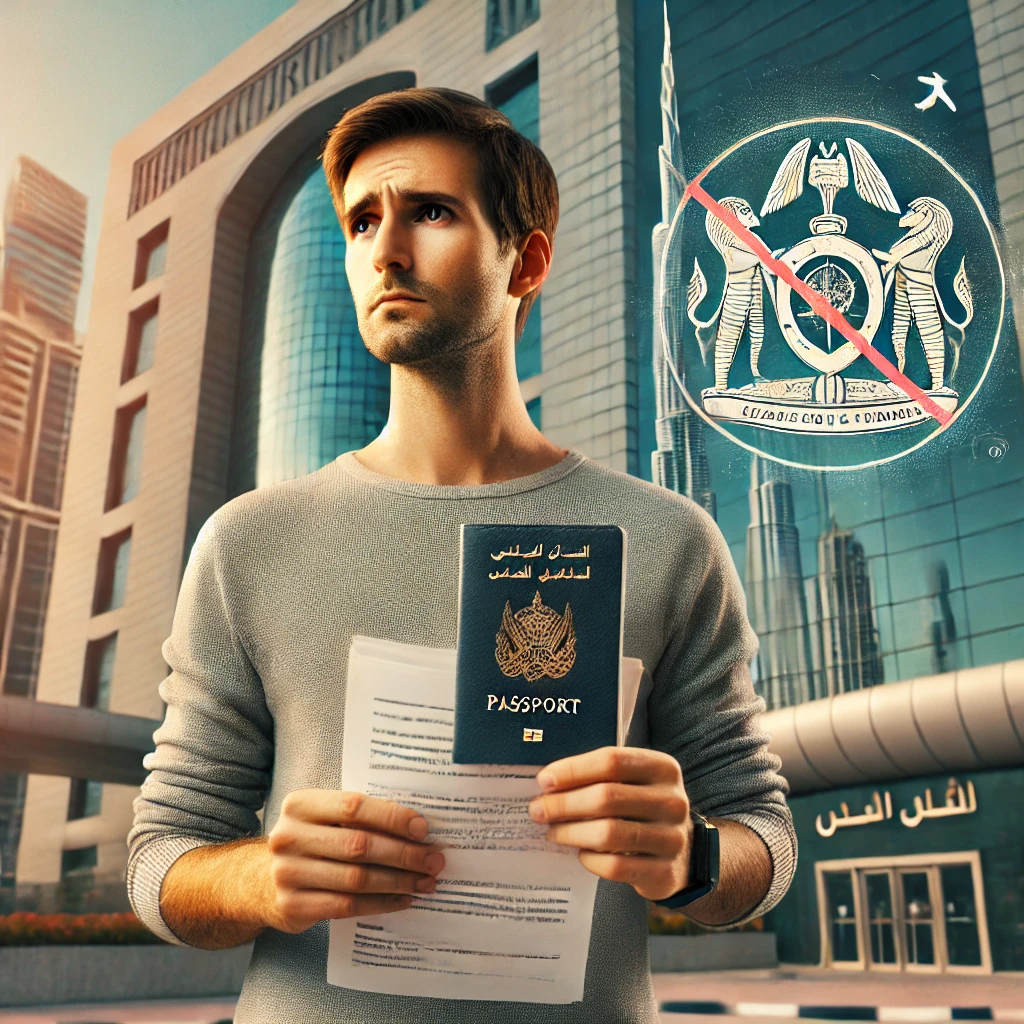Introduction
If your wife has left home with your young children in the UAE, you may be facing a deeply challenging situation. Understanding the legal framework under UAE law for revoking custody and preventing the children from traveling is crucial. This article will outline the steps you can take to ensure the safety and well-being of your children while protecting your rights as a parent.
1. Understanding Custody and Guardianship in the UAE
Custody and guardianship are treated differently under UAE law. Custody typically refers to the right of the parent (often the mother) to take care of the children on a day-to-day basis, including providing for their emotional, physical, and educational needs. Guardianship, however, refers to the father’s legal responsibility over the children’s upbringing, including financial obligations, schooling decisions, and other major life choices.
Under UAE family law, particularly Federal Law No. (28) of 2005 (Personal Status Law), the mother is typically granted custody of young children, while the father retains guardianship.
2. Grounds for Revoking Custody in the UAE
If you wish to revoke your wife’s custody, UAE law provides certain conditions under which custody can be transferred from the mother to the father or another guardian. These conditions include:
- Neglect or Abuse: If the mother is neglecting or abusing the children, you can petition the court to revoke her custody.
- Unfit Environment: If the mother’s home is deemed an unfit environment for raising children (e.g., engaging in immoral behavior, improper living conditions), you can argue this in court.
- Travel without Consent: If the mother has left the country or is attempting to take the children abroad without the father’s consent, this can be grounds to seek custody, as it impacts the children’s stability and connection with the father.
3. Filing a Custody Case
To revoke your wife’s custody of the children, you will need to file a custody case in the UAE Family Court. The key steps include:
- Hire a Family Lawyer: A legal professional familiar with UAE family law will guide you through the complex legal process and represent your case in court.
- Prepare Evidence: Gather evidence of any behavior that demonstrates your wife’s unfitness for custody. This may include testimony from witnesses, reports from a child psychologist, or proof that she intends to take the children out of the country.
- File a Petition: The petition should detail why you are requesting a change in custody and what is in the best interest of the children.
4. Issuing a Travel Ban on the Children
Once you file for custody, you should also take immediate steps to prevent your wife from traveling with the children. To do this, you can request the court to issue a travel ban (called a “hajr”) on your children, ensuring they cannot leave the country without your consent.
- Travel Ban Application: You must submit an application to the UAE Family Court requesting that the children’s passports be held or a travel ban be placed on them. This is often done concurrently with the custody case.
- Court Decision: The court may issue a temporary travel ban on the children while the custody case is being resolved to prevent international abduction or relocation.
- Passport Confiscation: The court may order the confiscation of the children’s passports until a final decision regarding custody and guardianship is made.
5. Key Considerations for Fathers in Custody Cases
Fathers seeking custody in the UAE should be aware of the following:
- Best Interest of the Child: The UAE courts primarily focus on the children’s best interest. While a father may have guardianship, the mother is often favored for custody, especially if the children are young. Fathers must present compelling evidence for a change in custody.
- Islamic Sharia Principles: Under Sharia law, which influences UAE family law, the mother generally retains custody of male children until they reach the age of 11 and female children until they reach the age of 13, after which custody may transfer to the father.
- Financial Responsibility: The father remains financially responsible for the children’s education, medical care, and living expenses, even if custody is awarded to the mother.
6. Legal Recourse if Your Wife Has Left the Country
If your wife has already taken the children out of the country, your legal options may involve international cooperation, especially if the UAE has an extradition or custody agreement with the country to which she has fled. The UAE is not a signatory to the Hague Convention on International Child Abduction, but you may still be able to file an Interpol Red Notice or pursue diplomatic channels to recover the children.
7. Protecting Your Rights and Your Children’s Welfare
Acting swiftly is critical if you find yourself in a situation where your wife has left home with your children. Filing for custody and seeking a travel ban should be done promptly, as delays can complicate the legal process. Always consult with a lawyer who specializes in family law in the UAE to ensure that you are following the right legal procedures.
Conclusion
If your wife has run away from home with your children, you have legal options under UAE law to revoke her custody and prevent the children from traveling. By understanding the difference between custody and guardianship, filing a custody case, and securing a travel ban, you can protect your rights and your children’s well-being. Working with a qualified family lawyer is essential in navigating this complex process effectively.



